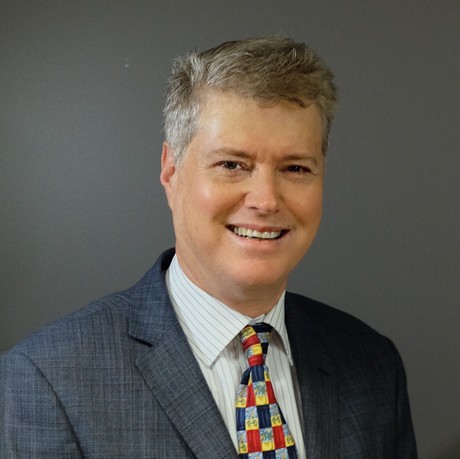Spinout company Exopharm to harness the regenerative power of exosomes

Private biotech company Altnia Group, founded by technology innovator Dr Ian Dixon (pictured), has spun out a new company called Exopharm as part of its efforts to bring a new type of nanodrug called exosomes into local clinical trials. The move follows three years of secret R&D and will see Exopharm focus on translating scientific research around exosomes into routine clinical use for regenerative medicine.
Dr Dixon seeks to change how regenerative medicine is done by harnessing the innate regenerative capacity of exosomes/extracellular vesicles (EVs) — bilayer nanovesicles (40–200 nm diameter) naturally produced and taken up by cells. EVs are a central biological mechanism preserved over millions of years and across many different forms of life (mammals, birds, worms, plants) to allow networks of cells to coordinate processes involved in tissue repair and healing, pregnancy, development to adulthood, inflammation and maintenance of health.
“Our company aims to provide patients and medical professionals with low-cost and safe proprietary pharma-grade exosomes (we call them exomeres) as a cell-free medicine to reclaim health and regeneration in areas such as dry AMD, tendinopathy, arthritis, cardiac repair, neurodegeneration and ageing,” said Dr Dixon.
An academic study conducted last year in Egypt treated 20 patients with kidney disease and showed safety and efficacy of exosomes purified from cord blood mesenchymal cells using a process called ultracentrifugation, often acknowledged as a bottleneck in purification. Exopharm’s technology, which uses a proprietary molecule to pull exosomes out of solution, is a high-yield technique that is said to be gentler on the nanovesicles than ultracentrifugation.
“Our patented LEAP technology could do in two days what researchers take 150 days to do with an ultracentrifuge, based on our much higher purification yield and easier process,” said Dr Dixon.
Dr Dixon said he expects Exopharm to become a public company later in 2017, conducting early development and clinical trials in Australia and then transitioning into the Japanese and USA markets. Dr Dixon also expects to hire more staff over the next 12 months and to build a manufacturing plant in Melbourne in CY 2018–19 to service the world market for research- and clinical-grade exomeres.
“As a team, and with our expert advisers, we can harness the experience learned in previous ventures to speed development, reduce risks and minimise costs,” said Dr Dixon. “Once our pilot-scale manufacturing plant is established, we can supply high-value exomeres worldwide for therapeutic and research uses.”
Sleep apnoea patients who use CPAP live longer: study
CPAP therapy has been found to significantly reduce the risk of death for people with obstructive...
Does exercise really extend lifespan? It's complicated
Physical activity is seen as a way to extend the human lifespan, but the benefits of physical...
Nature helps to relieve physical pain
Experiencing nature, even in the form of watching nature videos, can alleviate acute physical pain.




